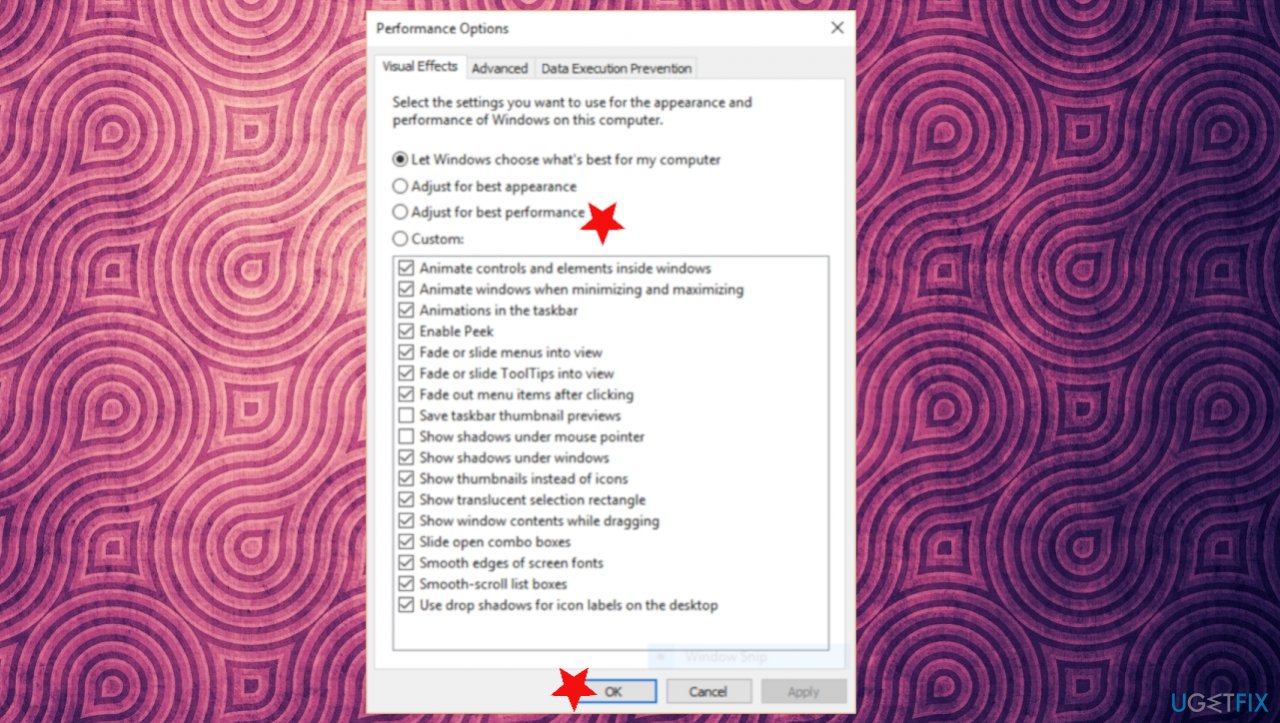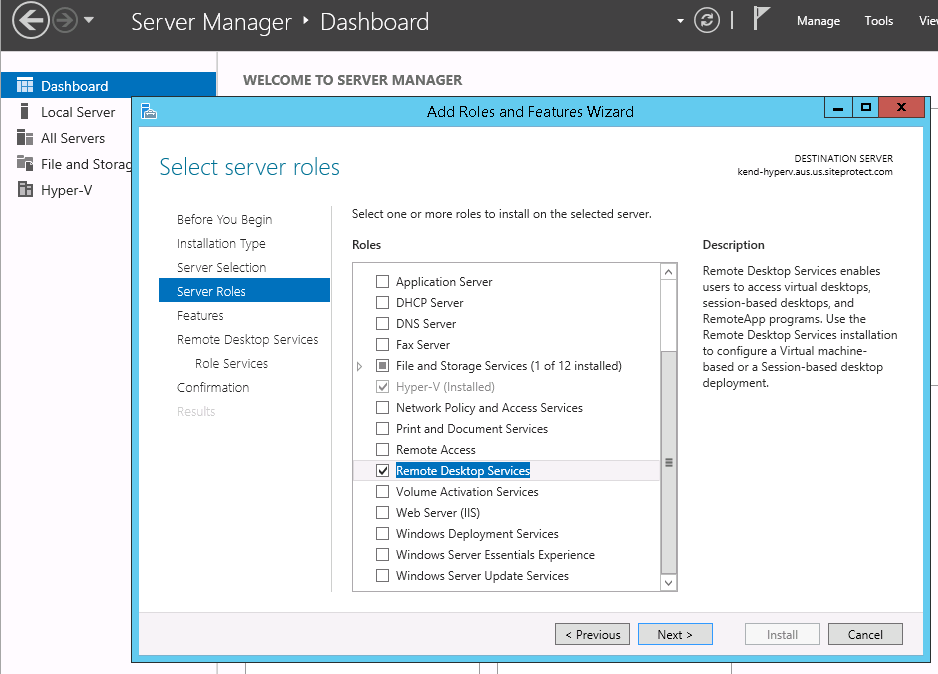

Then, use the command- yum install cinnamon -y to complete the installation. To add it use the command- yum -y install epel-release Reboot the system and you will be able see the KDE desktop environment up and running.īefore starting the Cinnamon installation, you will have to add the EPEL (Extra Packages for Enterprise Linux) repository to your system. After the installation is complete, use the following commands to start in GUI mode: To install the KDE environment you can use the command- yum -y groupinstall “KDE” By default, this is set to level 3 and in order to use a GUI we must change it to level 5. Here is a list of systemd targets with the specific level defined. Click Sign in and you will have logged in with a GNOME shell.

After reboot, click the button next to Sign In.

For the initial boot, you will have to configure the following: The GNOME desktop environment is now set up. Once this is done, execute the command- startx. You can install the GNOME 3 desktop environment executing yum -y groupinstall “GNOME Desktop” as shown below. If GNOME is not available, you can use the command- yum groupinstall “X Window system” to install the X Window system. Let’s start by executing the command- yum group list to see what’s available. However, we’re writing this article today for those who’d still prefer to have a visual interface to interact with their cheap CentOS 7 server.īefore we start, let us list some of the most common desktop environments for Linux distributions: However, in case you have decided to skip the GUI installation, or are using a minimal distribution, you can always set up your visual environment later.Īs CentOS is a distribution typically aimed for systems administrators, most users prefer working on their system over the terminal. A default CentOS 7 instance comes with a graphical user interface (GUI) installed.


 0 kommentar(er)
0 kommentar(er)
